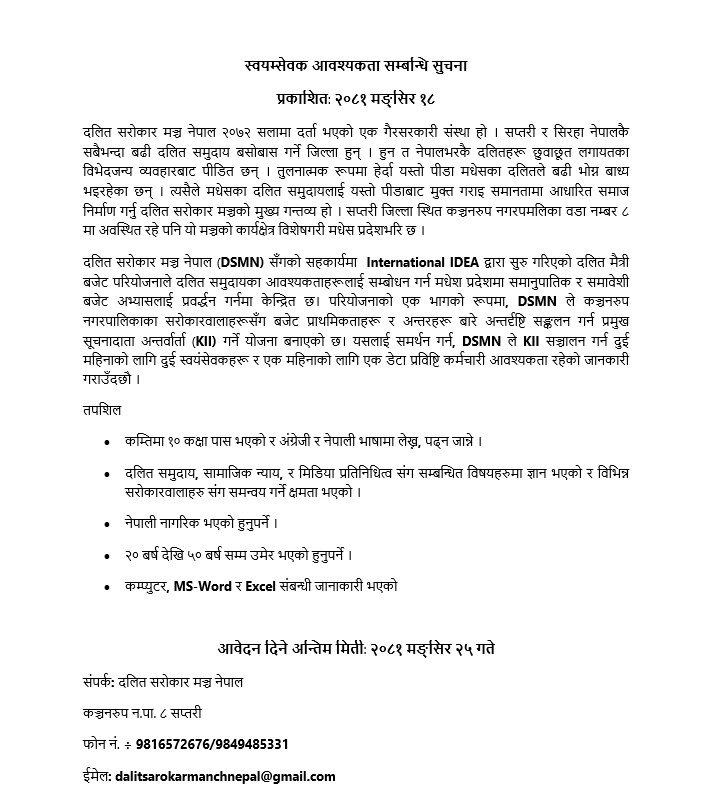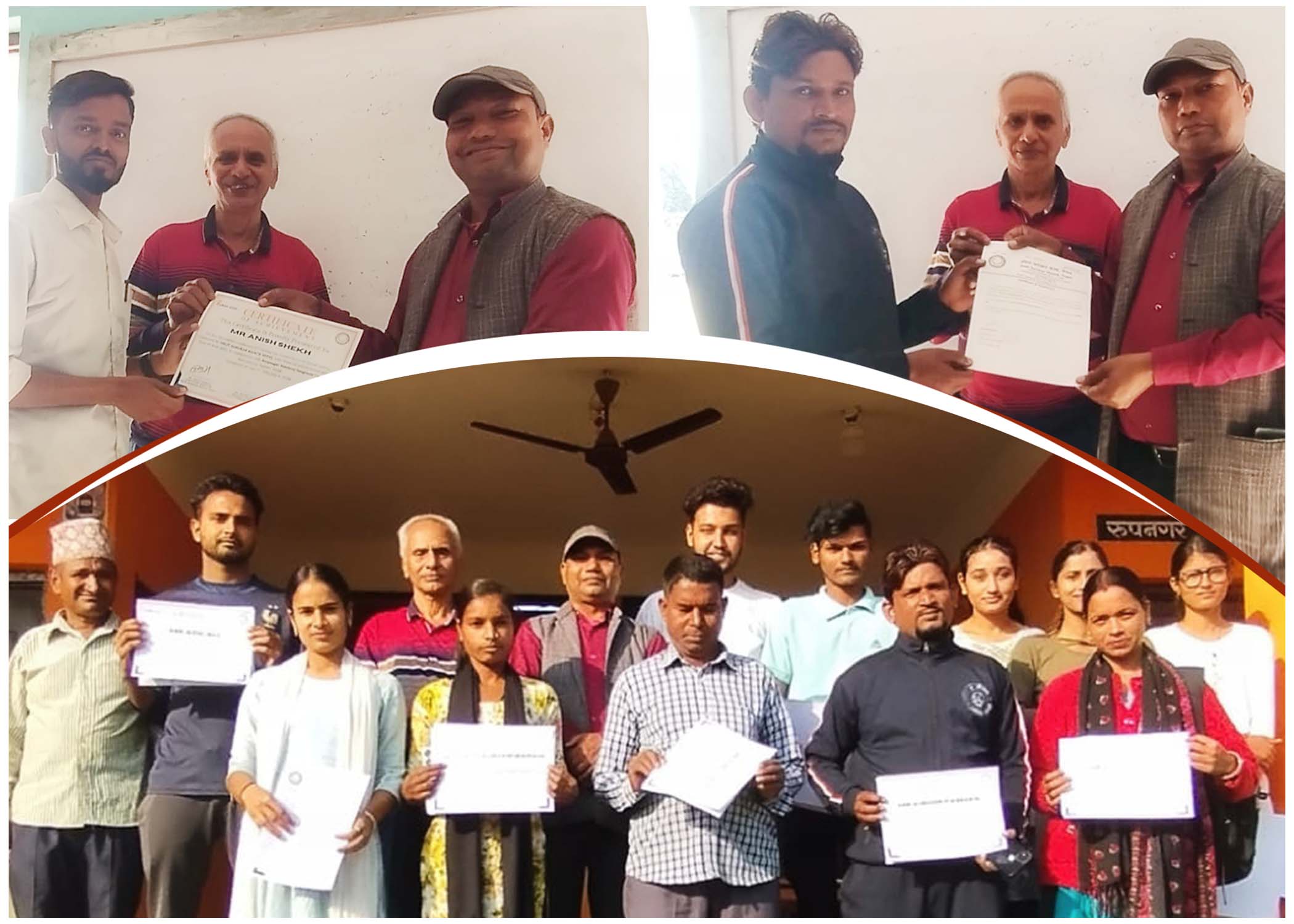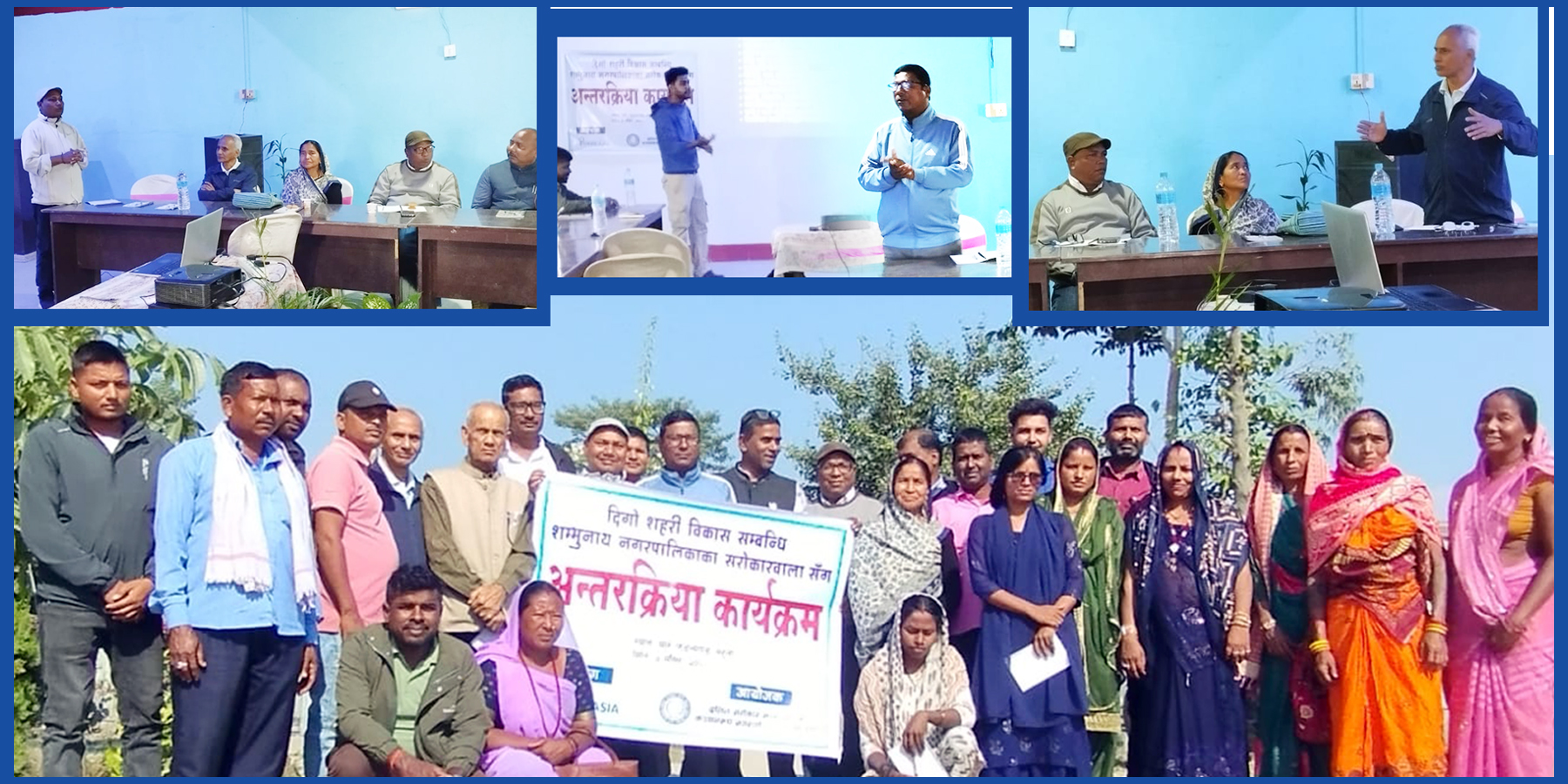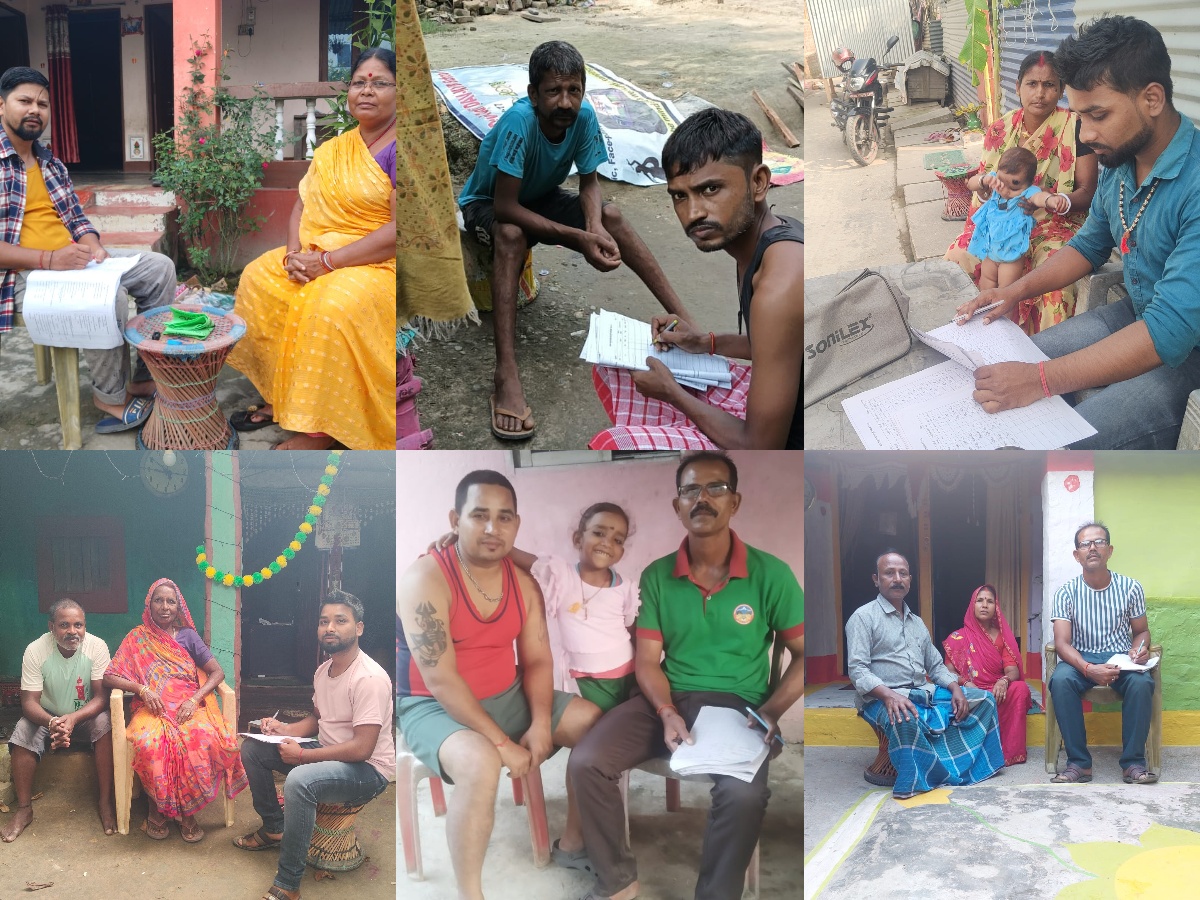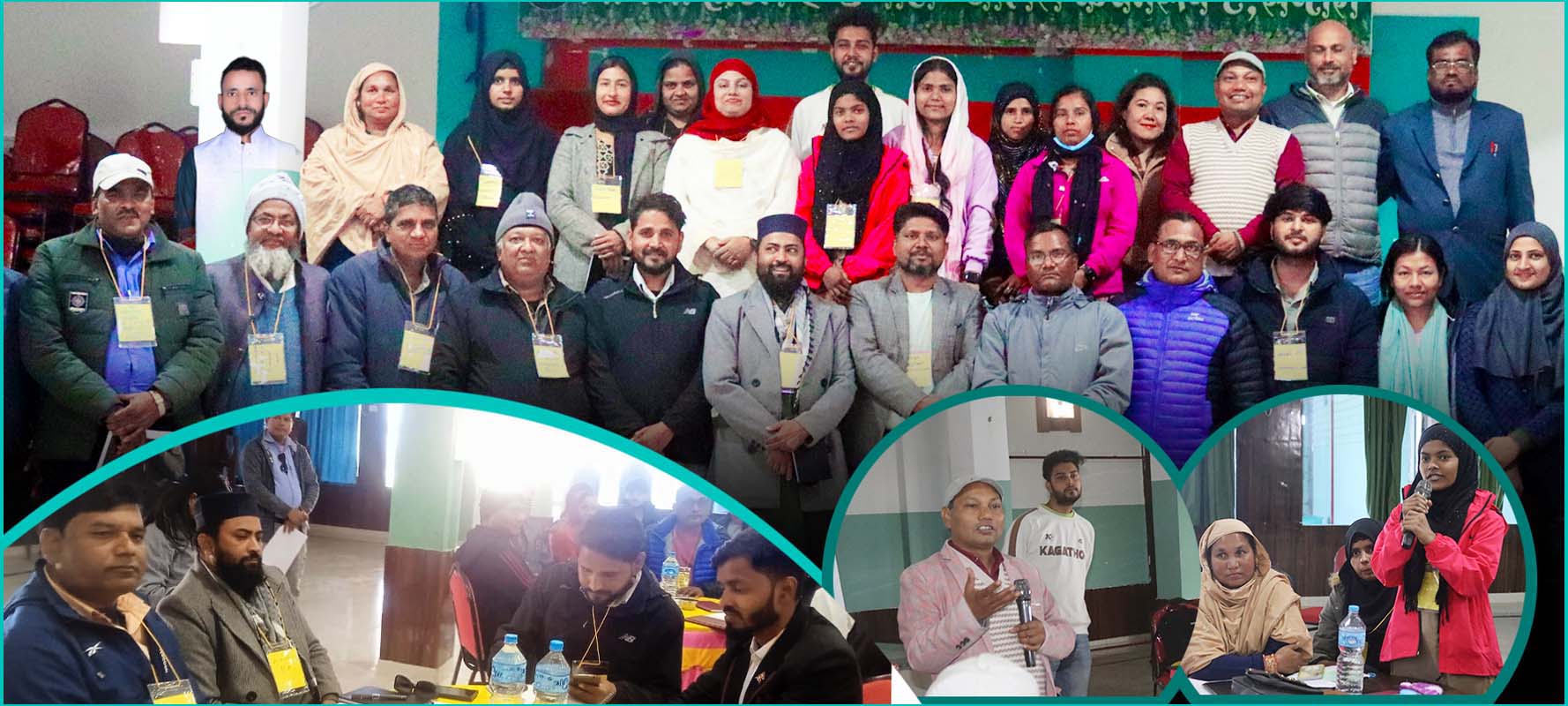
The two-day dialogue program with the participation of Muslim community leaders from Siraha and Saptari has concluded successfully
- 2024/12/16
The two-day dialogue program with the participation of Muslim community leaders from Siraha and Saptari has concluded successfully. About 40 Muslim leaders from Siraha and Saptari participated in this program organized by Dalit Sarokar Munch Nepal in collaboration with International IDEA. The main objective of the program is to identify various problems related to education, employment, women empowerment, and government schemes within the Muslim community and find solutions, according to the organizer.
The participants in the program pointed out the need to improve the curriculum by integrating Madrasa education and the modern education system in the community. They emphasized the need to form a Madrasa Board and improve the management of physical infrastructure and teaching positions. The idea was put forward that equal education should be implemented in women's Madrasas and women should participate in religious education and modern education. In addition, efforts should be made to establish a Muslim university.
On the issue of women empowerment, the participants said that women's participation in higher education and micro-enterprise development should be increased. They emphasized the need to conduct awareness programs against violence against women, child marriage, divorce, and dowry system. The participants said that the Save the Daughter, Educate the Daughter campaign should be made effective and that there is a need for social reform programs to end caste discrimination within the Muslim community.
It was proposed that the community should be attracted to agriculture, fisheries, goat farming, and sewing-weaving to create employment opportunities. The participants agreed that policy reforms are necessary to facilitate foreign employment opportunities and that small industries should be established at the local level. Suggestions were also presented at the program to spread awareness among the Muslim community about government schemes and to run special programs for women through the local level. It was concluded that the representation of the Muslim community in government services, police, and political sectors is very low, and it is demanded that initiatives be taken for the effective implementation of the proportional system.
Bhola Paswan, Executive Director of Dalit Sarokar Manch Nepal, presented statistics at the program and highlighted the issue of low representation of the Muslim community in government bodies. According to him, although the population of the Muslim community in Nepal is 4.86% according to the 2078 census, there are only 314 people in the civil service. Similarly, there are 321 Muslim employees in the district police and only 165 in the Armed Police Force. He said that the representation of the Muslim community is very low in proportion to the population, even in the House of Representatives and the Provincial Assembly.
Although the proportional representation system has contributed to ensuring the representation of the Muslim community, the participants concluded that the participation of the Muslim community in various positions in the government service, police force, and local levels is still low. The participants of the program pointed out the need for concrete policies and programs to address these problems.

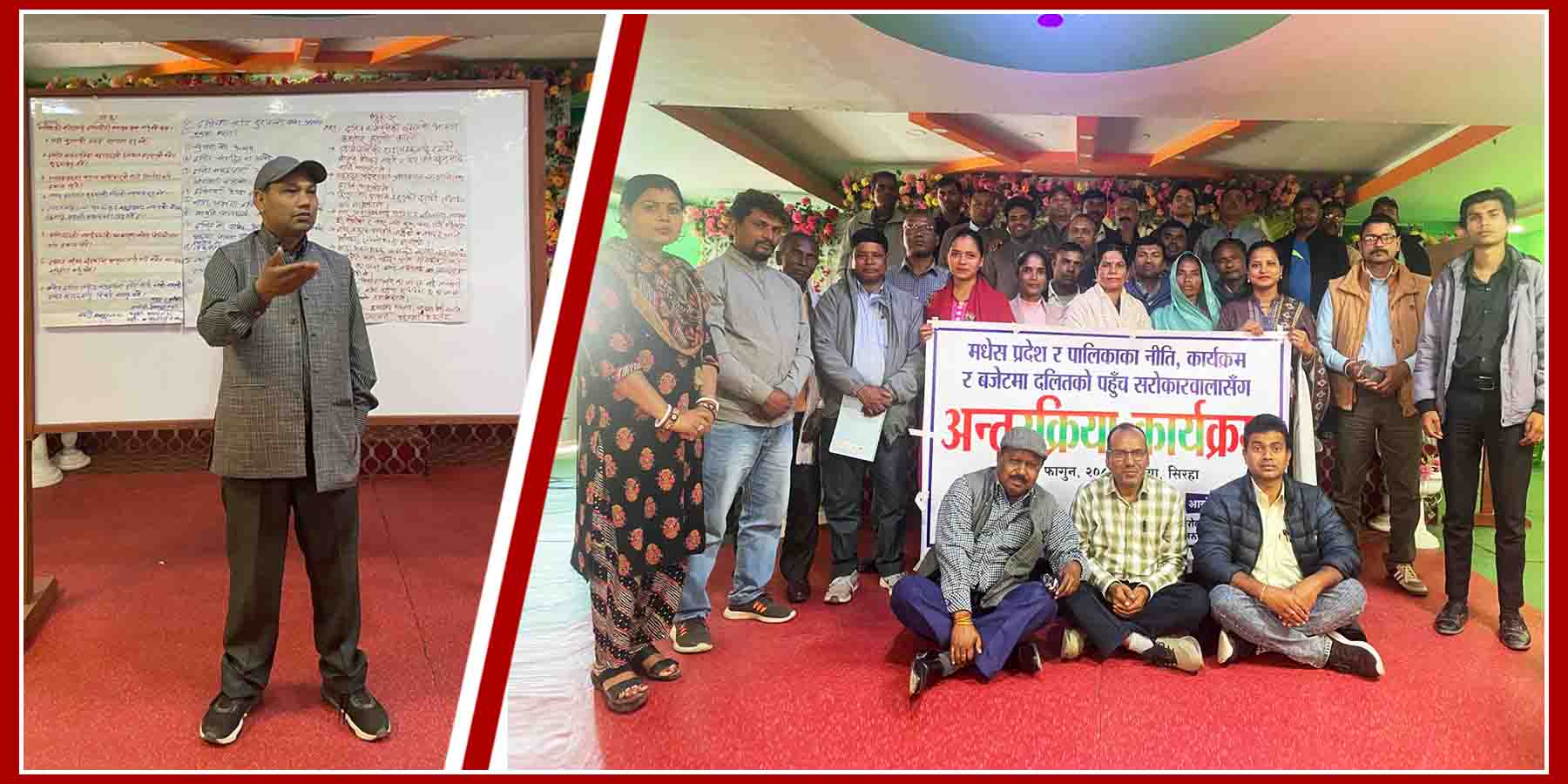
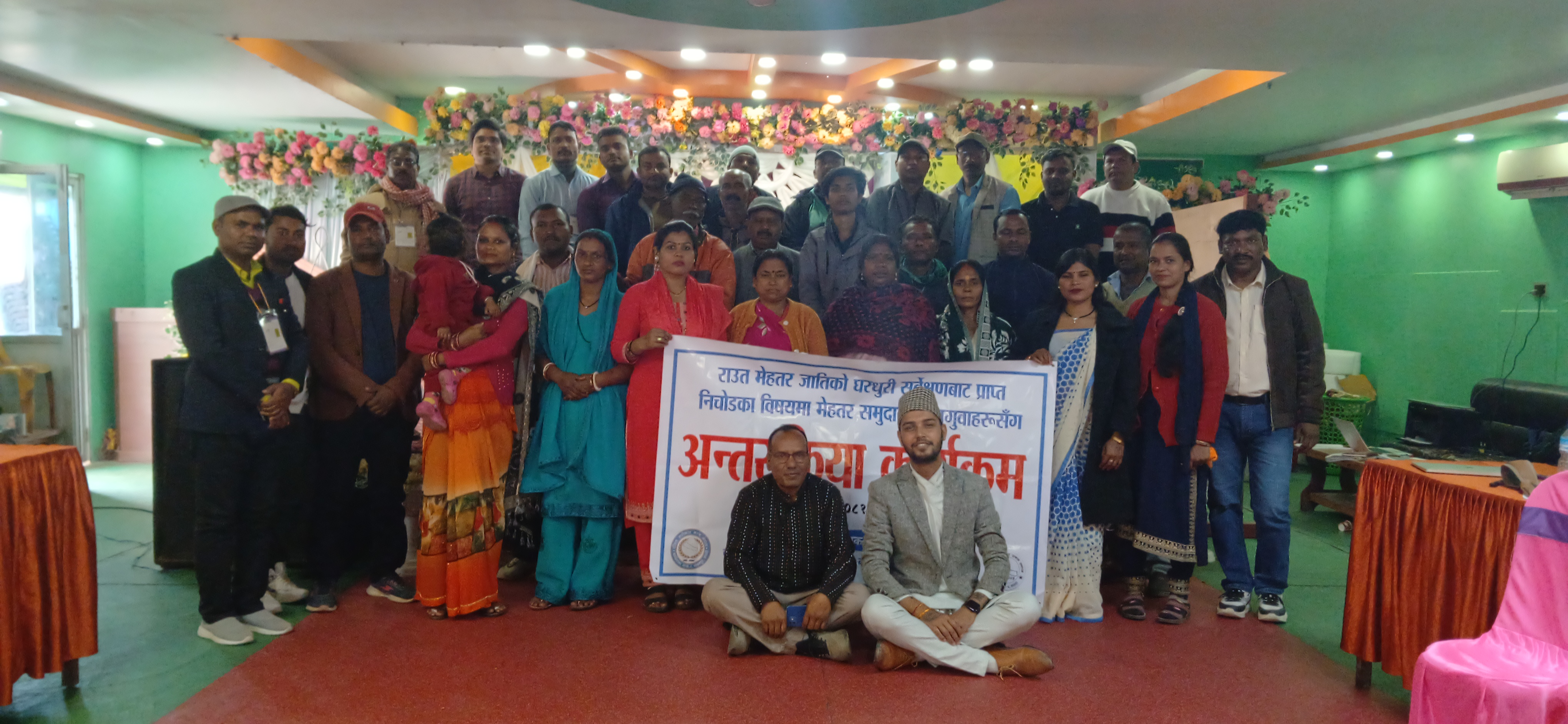

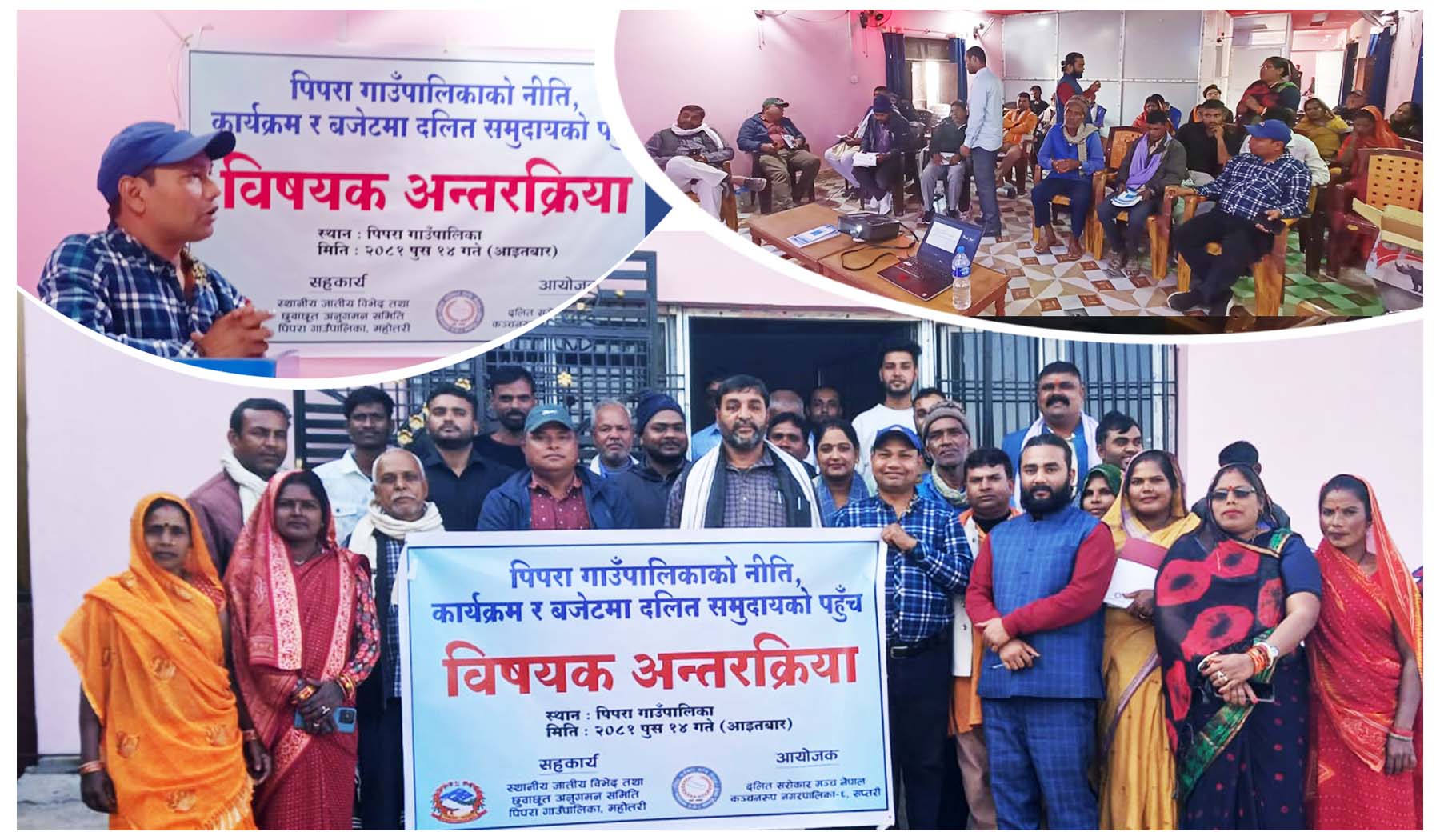
.jpeg)
